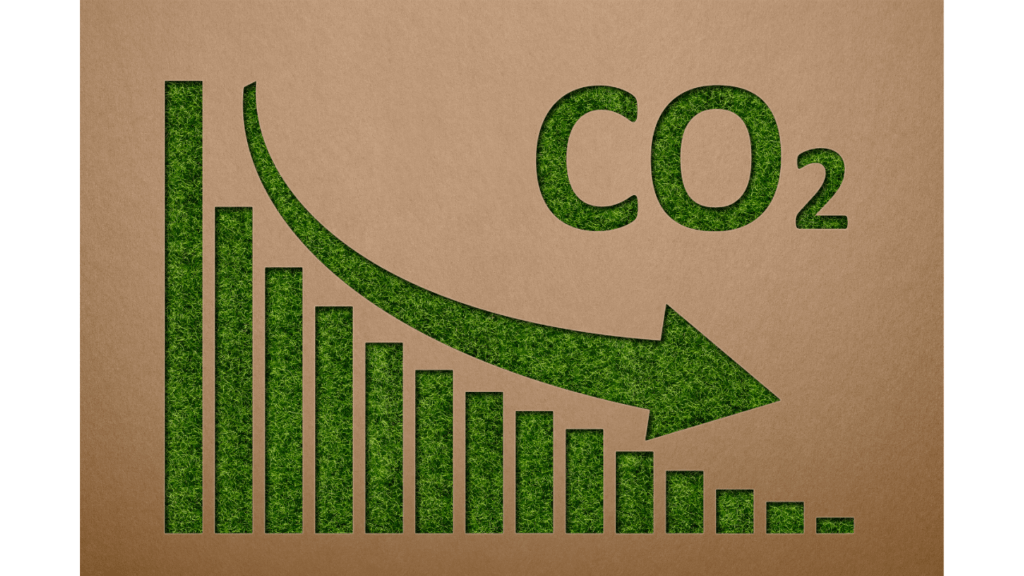Publication date: April 28, 2024
Japan’s Domestic GHG Emissions Hit Record Low in FY2022
Last week, the Ministry of Environment (MoE) reported that Japan’s domestic greenhouse gas (GHG) emissions (minus absorptions) hit a record low in FY2022 of 1.135 billion metric tons, falling 2.5% from 1.164 billion metric tons in FY2021. This is a reduction of 22.9% on 2013 levels, which is the year that METI has benchmarked for its emissions reduction targets to 2030, aiming for a reduction of at least 46%.
In a world first, the MoE included the GHG volumes absorbed by seagrass and seaweed beds, so-called “blue carbon ecosystems”, reporting an absorption volume of 350,000 tons of CO2eq. They stated that, in the future, they would also consider incorporating calculations and values from salt marshes and tidal flats.
They also reported the absorption amount of CO2-fixing “environmentally friendly” concrete, submitting a value for FY2023 of 17 metric tons. Working in collaboration with the Japan Federation of Construction Contractors and other organizations, MoE deployed concrete manufacturing processes that could “fix” or absorb CO2 during this process. Critically, in alignment with its growing carbon trading market, it stated that it would consider converting this value to J-credits as the technology and processes develop.
Challenges Ahead: Japan’s Path to Net Zero Emissions
The industrial sector recorded a decrease of 5.3%, while the commercial and services sector saw a drop of 4.2%. Conversely, the transportation sector observed a 3.9% increase, attributed to heightened passenger traffic as socioeconomic activities rebounded after the pandemic and a very slow uptake of EVs in Japan. The ministry speculated that the primary factor driving the reduction in emissions from FY2021 was power saving and energy conservation across various sectors including industry, commerce and residential. It is believed that these concerted efforts led to an overall decrease in energy consumption, which is in line with consumption forecasts to 2030.
At a press conference, Environment Minister Ito noted that this steady decline in GHG emissions means the country is on track to reach its net zero emissions goals in 2050. But he added that the future remains challenging, citing the need to continue promoting renewable energy deployment and drive societal behavioral changes. Japan’s record-lowgreenhouse gas emissions in FY2023 mark a significant milestone for its GX agenda.

While commendable, further decarbonization efforts will be crucial to meet its ambitious targets for both 2030 and 2050. A continuation of the downward trend will hinge on the effective deployment of METI’s policy tools, which will be shaped around its evolving GX policy.
________________________________________________________________________________________

